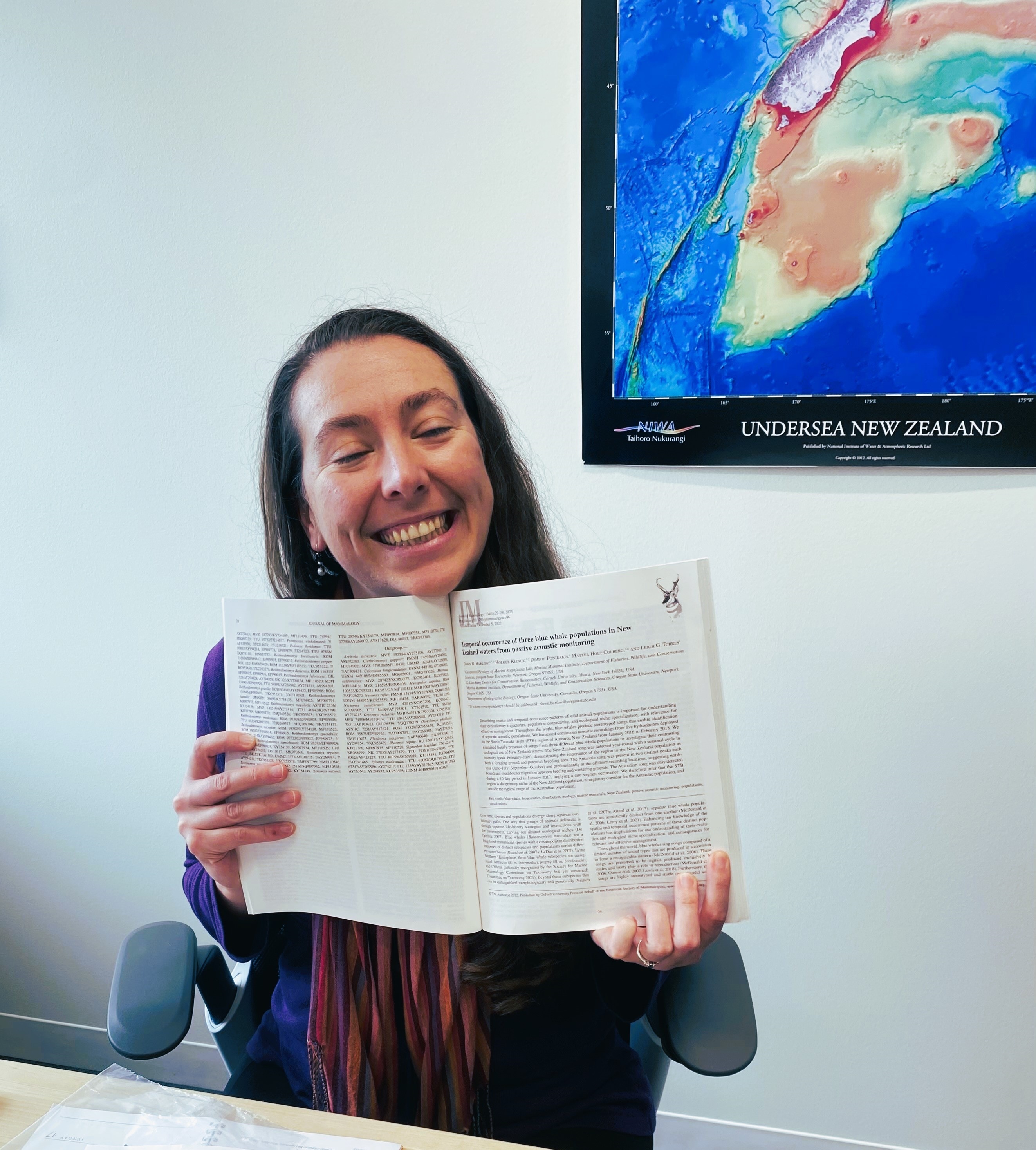ANNOUNCEMENT: THE MSI will grow to the Marine and Coastal Opportunities (MACO) program!
January 17th, 2024
From the Office of the Provost and Executive Vice President, subject Transitioning Marine Studies Initiative (MSI)
Dear Colleagues:
The Marine Studies Initiative (MSI) has been underway at OSU since 2016. With many collaborators, it has helped us achieve a great deal. We now have:
-
A hub for university-wide engagement that hosts workshops and other activities to advance transdisciplinary exchange and scholarship on marine and coastal issues.
-
An interdisciplinary social sciences-based undergraduate marine studies degree in the College of Liberal Arts, with 90+ majors and counting.
-
A state-of-the-art 70,000-square-foot Gladys Valley Marine Studies Building with laboratory, office, classroom, auditorium, and innovation spaces.
-
A 34,000-square-foot housing project scheduled for completion in 2025 that will accommodate students and visiting professionals studying or working at HMSC.
-
New experiential learning options based at the Hatfield Marine Science Center, with greatly increased enrollments in summer, fall, winter and spring.
-
New collaborators supporting summer internships at multiple locations along the Oregon coast.
-
An OSU-owned field station in Port Orford, supporting studies of gray whale ecology, kelp forest health, and other topics.
With this robust mix of projects and activities, some now managed by other units at OSU, I have decided MSI will transition from a catalyst initiative to a permanent academic support program called the Marine and Coastal Opportunities (MACO) program. Dr. Kristen Milligan, who has served as MSI associate director for the past seven years, will direct MACO, reporting under the Office of Academic Affairs alongside other university experiential learning programs.
Dr. Jack Barth, who has led MSI since its inception, has agreed to serve as a special advisor on marine issues through this June to help us with the transition, before stepping fully back into his role as professor in the College of Earth, Ocean, and Atmospheric Sciences. Jack’s leadership has been essential to MSI’s success, lessons from which are informing our aspirations for transdisciplinary research and teaching under OSU’s new strategic plan. I am grateful for his outstanding work. I would also like to thank Dr. Milligan, Dr. Bob Cowen, and many others who contributed to making MSI a success.
Please let me know if you have any questions.
Edward Feser
Provost and Executive Vice President
leadership.oregonstate.edu/provost
